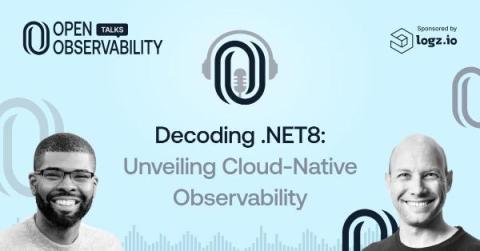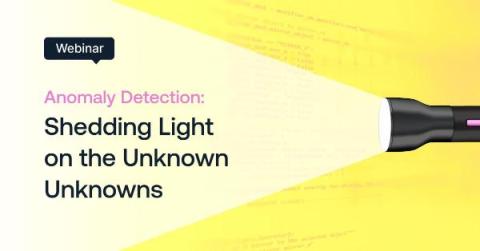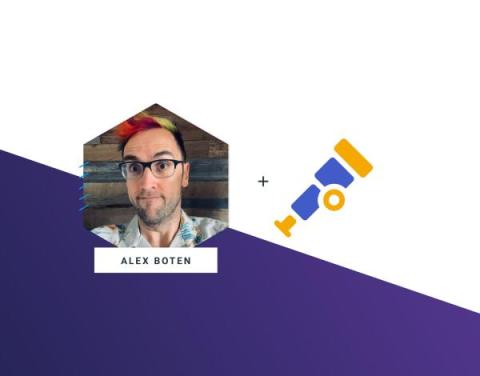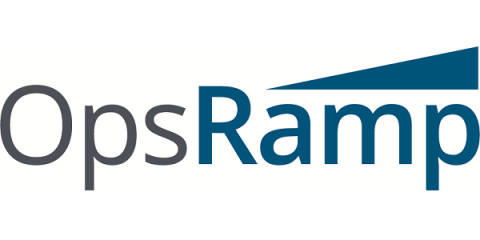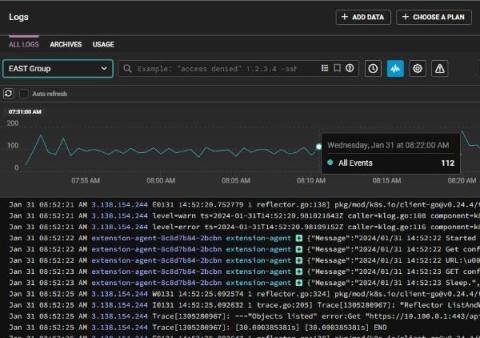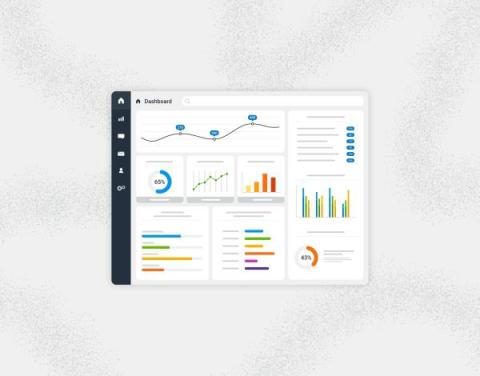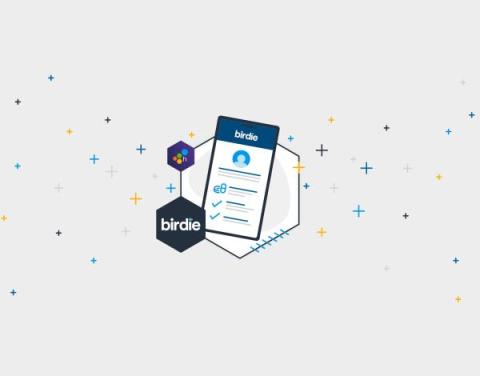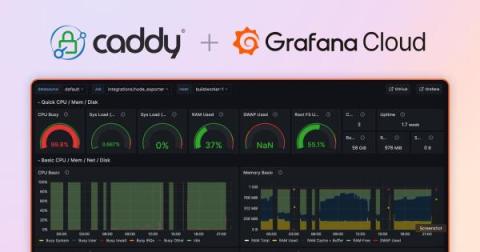Negotiating Priorities Around Incident Investigations
There are countless challenges around incident investigations and reports. Aside from sensitive situations revolving around blame and corrections, tricky problems come up when having discussions with multiple stakeholders. The problems I’ll explore in this blog—from the SRE perspective—are about time pressures (when to ship the investigation) and the type of report people expect.



